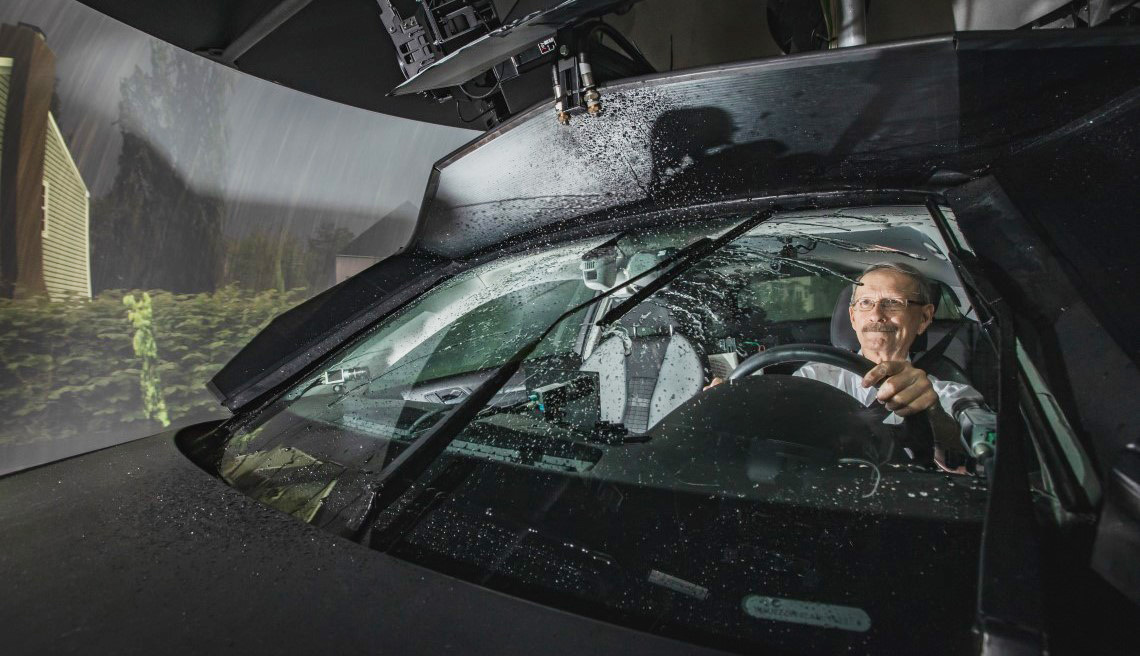
Driving can serve as a lifeline for older adults, enabling them to run errands, attend medical appointments and maintain social connections. This independence can be jeopardized as mental capacity and mobility decline, making driving unsafe.
While fully automated vehicles are a potential solution to help older adults maintain their independence, the success of this strategy depends on whether older adults accept and use the technology.
A team of researchers at the KITE Research Institute, the research arm of the Toronto Rehabilitation Institute, sought to understand how age, driving style, driving conditions and exposure to automated vehicle technology impacts older adults' acceptance of automated vehicles.
The research team was led by Senior Scientist Dr. Alex Mihailidis and included Senior Scientist Dr. Jennifer Campos and PhD candidates Shabnam Haghzare and Katherine Bak.
Thirty-six participants ranging in age from 65 to 90 completed driving scenarios in the KITE Research Institute’s state-of-the-art DriverLab simulator. Three driving scenarios were replicated: heavy rain, high traffic and clear daytime. For each of these scenarios, two driving sessions were completed: one that was controlled by the participant; and one controlled by the computer to simulate a self-driving car.
Before and after each session, participants filled out questionnaires that assessed their comfort with, and acceptance of automated vehicles.
The researchers also assessed differences in the driving style—such as braking and accelerating—between the participant and the automated vehicle. The results showed that greater differences in driving styles (especially for deceleration), were associated with more negative attitudes towards self-driving vehicles in participants. Additionally, participants over the age of 80 had lower expectations of the reliability of automated vehicles.
“It is projected that age-related frailties will be the leading cause of fatal road accidents by 2025,” says Dr. Mihailidis. “While fully automated vehicles could potentially help older adults maintain their independence while keeping our roads safe, our findings suggest we need to customize the automated driving experience to the user to help build trust in this technology.”
This work was supported by Canadian Institutes of Health Research, AGE-WELL NCE Inc., UBER Canada, the Schwartz Reisman Institute for Technology at the University of Toronto and Toronto Rehab Foundation.
Haghzare S, Campos JL, Bak K, Mihailidis A. Older adults' acceptance of fully automated vehicles: Effects of exposure, driving style, age, and driving conditions. Accid Anal Prev. 2021 Feb;150:105919. doi: 10.1016/j.aap.2020.105919. Epub 2020 Dec 10.

(Clockwise from top left) Senior Scientists Drs. Alex Mihailidis and Jennifer Campos, and University of Toronto PhD candidates Katherine Bak and Shabnam Haghzare.




